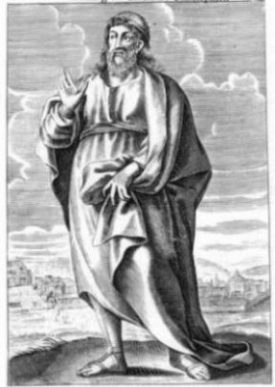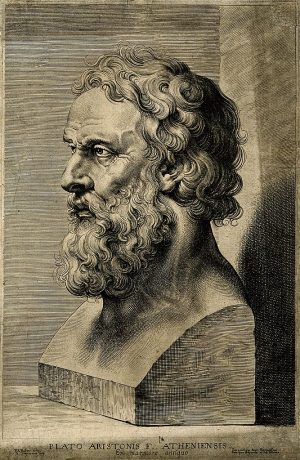The Art of Dying Well
Is it time for our annual visit with St. Robert Bellarmine already? Yes it is, and this time I’d like to talk about a short book of his called The Art of Dying Well.
Now, St. Robert is best known for his apologetical work, like De Laicis and De Romano Pontifice, and I’ve also covered his catechism, which serves a similar purpose for those already in the Church. He wrote The Art of Dying Well, though, near the end of his life, when he’d largely retired from public work, and it’s a much more immediately practical book than the others. In other words, where his other works are primarily concerned with what the reader should know, here he’s concerned with what the reader should do. It is, though, still noticeably his style, as he does explain why a man should do this or that, and every page is filled with quotations from Scripture and the saints.

